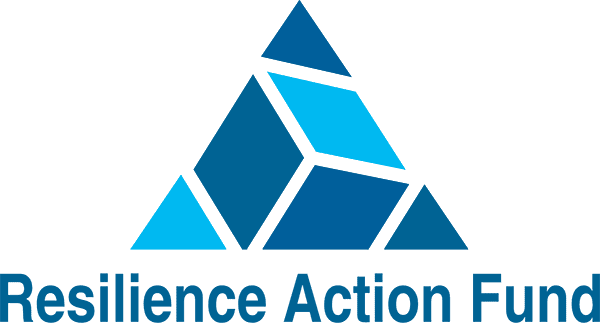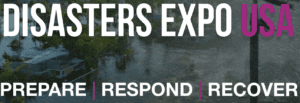[vc_row][vc_column][vc_column_text letter_spacing=”” css=”.vc_custom_1457452267564{margin-bottom: 0px !important;}”]
Resilience Action Fund (RAF) founder Aris Papadopoulos today spoke on the subject ‘Incentivizing Business for Greater Resilience in the Built Environment’ at the National Institute of Building Science (NIBS) 2106 Building Innovation Conference in Washington, DC.
[/vc_column_text][vc_column_text letter_spacing=”” el_class=”sublead” css=”.vc_custom_1457452244565{margin-bottom: 0px !important;}”]During the presentation and panel discussion, he discussed the business case for disaster resilience. “Buildings are the front line of defense against hazards. When these fail, businesses loose 2-4 times more than the building cost, including revenue, customers, contents and reputation”, he stressed. His analysis segmented the business sector to identify differing attitudes towards resilience and reaction to incentives. Smaller businesses are the most vulnerable category, with tax, finance and insurance the most effective incentives. Finally, he recommended that officials extend green and development incentives to support code-plus resilience investments, instead of creating new types of incentives.[/vc_column_text][vc_column_text letter_spacing=””]
RAF is a 501(c)3 non-profit organization whose mission is to advance awareness, transparency and education for greater resilience in the built environment against natural and other hazards.
The mission is closely aligned with the goals of the UN Sendai Framework for Disaster Risk Reduction: 2015-2030, signed in March 2015 by 187 countries. This milestone agreement is referenced in the COP21 Paris Agreement, which contained the strongest ever call for climate adaptation.
RAF is also publisher of the recent book ‘Resilience: The Ultimate Sustainability – Lessons from Failing to Develop a Stronger and Safer Built Environment’ (available at www.buildingresilient.com).
RAF is a member of NIST’s Multihazard Mitigation Council.
[/vc_column_text][/vc_column][/vc_row]









